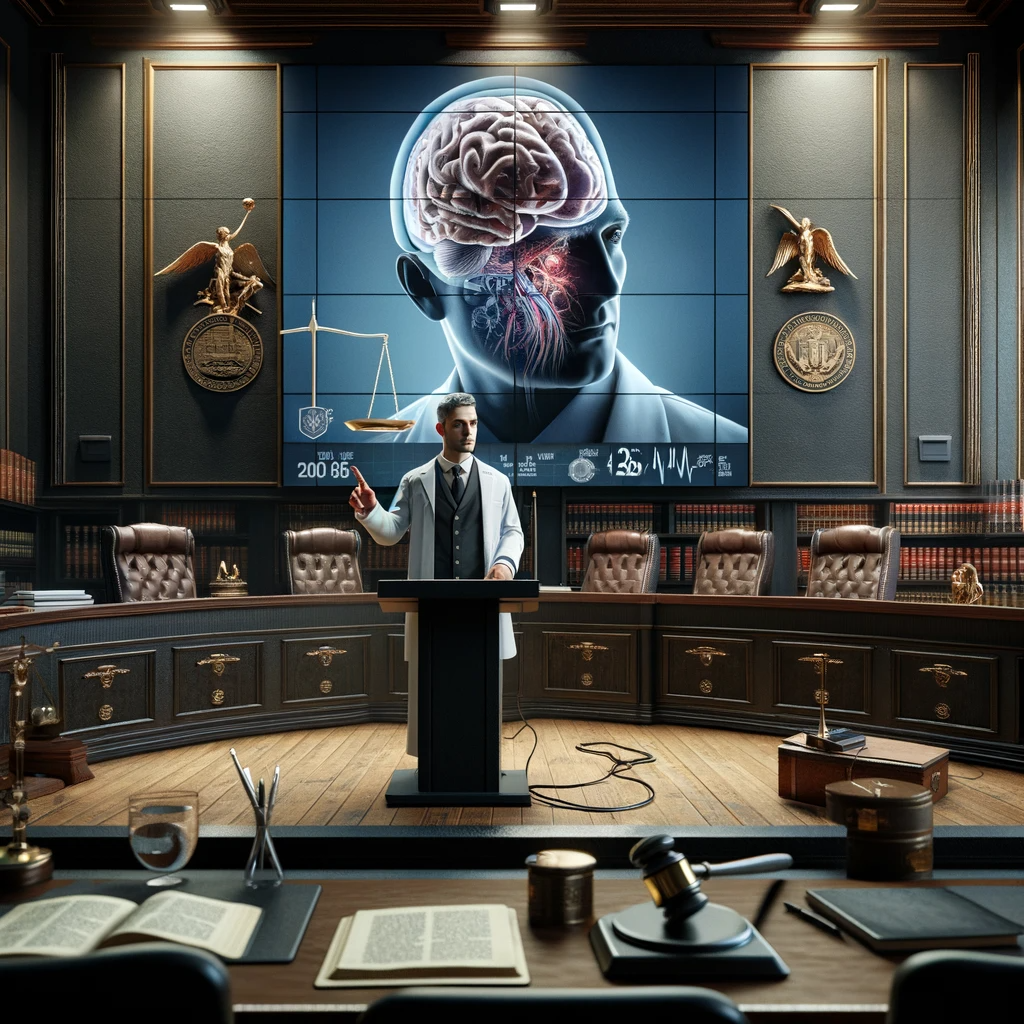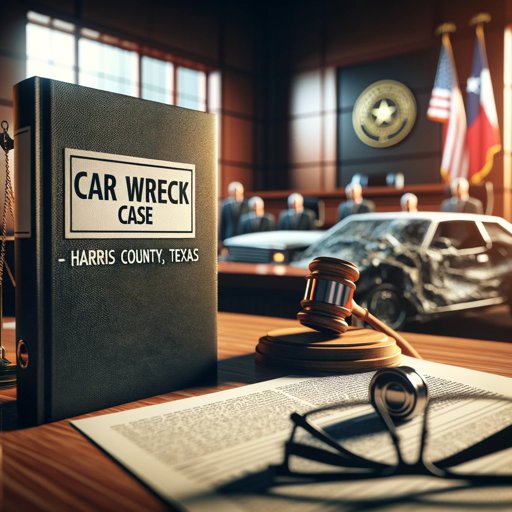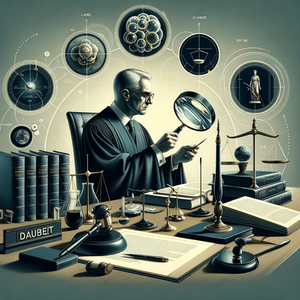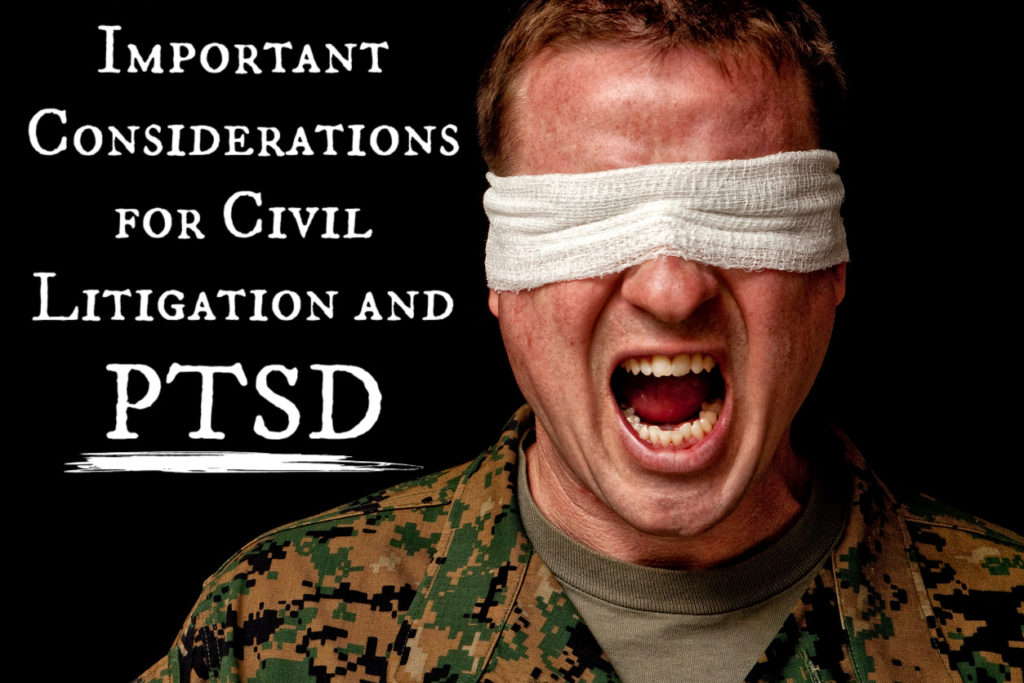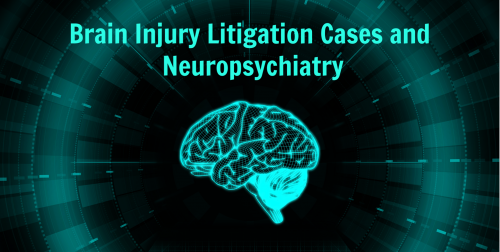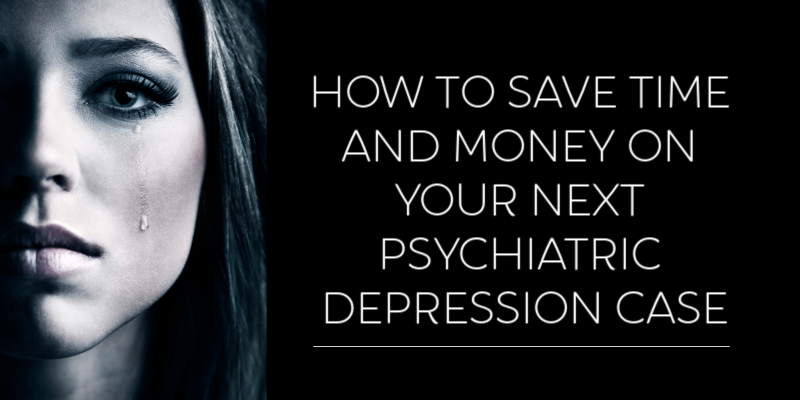In the complex world of legal disputes, especially those involving medical malpractice or personal injury, the role of a neurosurgeon expert witness becomes pivotal. These highly specialized professionals bring a unique set of skills to the table, offering critical insights that can significantly influence the outcome of a case. With an understanding of the intricacies of the human nervous system, a neurosurgeon expert witness not only enhances an attorney’s case but can also be the deciding factor in its success.
Choose neurosurgeon expert witness Jeffrey Oppenheimer, a leading figure in neurosurgery, to elevate your legal team’s expertise. His unparalleled experience and credentials make him your ideal choice for complex cases requiring neurosurgical expertise.
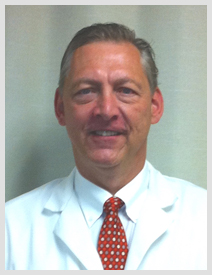
Unveiling the Case: The Neurosurgeon Expert Witness
Neurosurgeons spend years mastering the anatomy, functions, and disorders of the nervous system. This extensive knowledge allows them to provide authoritative opinions on cases involving brain injuries, spinal cord injuries, and other neurosurgical issues. Their expertise is invaluable in interpreting medical records, imaging, and other diagnostic findings, translating complex medical information into understandable insights.
Understanding the Case
The first step where a neurosurgeon expert witness aids an attorney is in understanding the medical nuances of the case. They dissect medical reports, scans, and surgical notes, offering clear explanations of the patient’s condition, the procedures performed, and the standard of care expected. This deep dive into the medical aspects helps attorneys grasp the strengths and weaknesses of their case from a medical standpoint.
Assessing Case Viability
Neurosurgeon expert witnesses play a crucial role in determining the viability of a case. By evaluating the medical evidence, they can advise whether the medical aspects of the case align with the legal claims being made. Their assessment can save attorneys time and resources by focusing on cases with a substantial basis in medical facts, thereby increasing the chances of a favorable outcome.
Strategy Development
With their insights, neurosurgeon expert witnesses assist attorneys in developing a compelling strategy. They can pinpoint key medical issues, suggest angles for argument, and identify potential weaknesses in the opposing side’s claims. This strategic input ensures that attorneys are well-prepared to argue their case with confidence, armed with medical facts that bolster their legal arguments.
Crafting Deposition Questions
When it comes to deposing the opposing counsel’s medical experts, a neurosurgeon expert witness becomes an attorney’s strategic ally. They can formulate precise, informed questions that challenge the credibility and accuracy of the opposition’s medical testimony. This preparation can uncover inconsistencies or exaggerations in the opposing expert’s statements, undermining their credibility and strengthening the attorney’s position.
Clarifying Complex Concepts for the Jury
Perhaps one of the most critical roles of a neurosurgeon expert witness is in making the complex, often perplexing world of neurosurgery understandable to the jury. Through simplified explanations, analogies, and visual aids, they can demystify medical procedures, injuries, and outcomes. This clarity ensures that the jury grasps the key medical issues at stake, allowing them to make informed decisions based on a solid understanding of the facts.
Case Examples: Neurosurgeon Expert Witness in Action
Illustrating Standard of Care in Spinal Surgery
In a case alleging malpractice during spinal surgery, a neurosurgeon expert witness can elucidate the standard of care expected, analyze the surgical technique used, and highlight any deviations that may have contributed to the patient’s adverse outcomes. Their testimony can directly impact the jury’s understanding of the complexities involved in such procedures and the fine line between accepted risk and negligence.
Explaining Neurological Damage in Personal Injury
For cases involving traumatic brain injury, a neurosurgeon expert can meticulously detail the nature of the injury, its long-term implications, and the causal relationship between the incident and the neurological damage. This detailed explanation can be instrumental in substantiating claims for damages, especially in illustrating the profound impact on the plaintiff’s quality of life.
Neurological Conditions Misdiagnosis
In situations where misdiagnosis of a neurological condition is in question, a neurosurgeon expert witness can critique the diagnostic process, pointing out missed signs or misinterpreted tests that led to the error. Their expert opinion can prove vital in establishing liability, especially in cases where timely diagnosis could have significantly altered the patient’s outcome.
Conclusion
The contribution of a neurosurgeon expert witness to legal cases involving neurosurgical issues cannot be overstated. Their unique blend of specialized knowledge, analytical skills, and the ability to communicate complex medical concepts clearly makes them invaluable assets. For attorneys, partnering with a neurosurgeon expert witness not only strengthens their case but also enhances their ability to advocate effectively for their clients, ultimately influencing the path to justice. In navigating the intricate intersection of law and neurosurgery, the neurosurgeon expert witness stands as a beacon of clarity, guiding attorneys through the medical complexities to uncover the truth.
Picking the Right Neurosurgeon Expert Witness
When selecting a neurosurgeon expert witness, prioritize extensive clinical experience and a solid track record in the courtroom. Look for a professional who possesses not only a deep understanding of neurosurgery but also the ability to communicate complex medical concepts in simple, understandable terms. Their ability to analyze and explain medical evidence, coupled with a reputation for impartiality and adherence to the highest ethical standards, is crucial. Additionally, seek out a neurosurgeon who has demonstrated experience in the specific area related to your case, ensuring they can provide the most relevant and impactful insights. This combination of expertise, communication skills, and proven courtroom presence makes for a powerful ally in any legal dispute involving neurosurgical issues.
